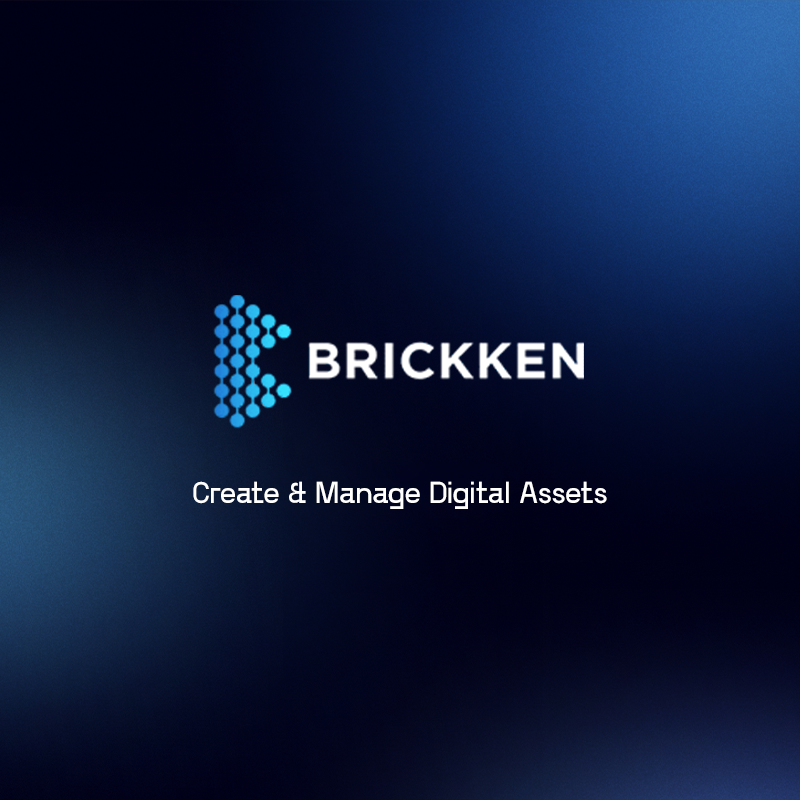
Is AI a Form of Automation? Decoding the Relationship
In the ever-evolving landscape of technology, the relationship between Artificial Intelligence (AI) and automation is a topic that sparks curiosity and speculation. Are they distinct entities, or does AI fall under the umbrella of automation? This blog post aims to unravel the intricacies of this relationship, exploring the definitions, characteristics, and interplay between AI and automation. As we delve into these concepts, we aim to provide clarity on whether AI can be considered a form of automation, how they differ, and the strategic implications of leveraging both in tandem.
Understanding Automation: The Foundation
Automation, at its core, refers to the use of technology to perform tasks without human intervention. This section dives into the fundamental principles of automation, examining how it has historically focused on repetitive, rule-based tasks. From assembly lines in manufacturing to routine data entry in offices, automation has been the engine driving efficiency by reducing manual efforts. The strategic advantage lies in its ability to enhance productivity, reduce errors, and allocate human resources to more complex, creative endeavors.
The Emergence of Artificial Intelligence: A Quantum Leap
Artificial Intelligence represents a quantum leap in technological evolution. This section explores the emergence of AI, a field of computer science dedicated to creating machines capable of intelligent behavior. Unlike traditional automation, AI goes beyond executing predefined tasks; it learns, adapts, and evolves. Machine learning algorithms enable AI systems to analyze data, recognize patterns, and make decisions, mimicking cognitive functions. The strategic significance of AI lies in its potential to handle complex, non-linear tasks, making it a versatile tool for industries ranging from healthcare to finance.
AI vs. Automation: Unraveling the Distinctions
This section aims to unravel the distinctions between AI and automation, emphasizing that while all AI involves automation, not all automation is AI. It delves into the fact that automation deals with rule-based, repetitive tasks, while AI possesses the capacity to learn, reason, and self-improve. The strategic implication is that organizations need to discern the specific needs of their processes. For routine, well-defined tasks, traditional automation may suffice, while AI becomes crucial for tasks requiring learning, adaptation, and problem-solving.
The Synergy: Leveraging AI and Automation Together
While AI and automation have distinctions, their synergy is a strategic combination that unlocks unprecedented potential. This section explores how organizations can strategically integrate both technologies to enhance overall efficiency and innovation. AI can be used to augment automation by introducing cognitive abilities, allowing systems to handle more complex tasks. The strategic advantage lies in the ability to leverage automation for routine processes, freeing up human resources, while AI tackles tasks demanding cognitive capabilities, creating a harmonious workflow.
Strategic Implications and Future Perspectives
The blog post concludes by examining the strategic implications of the relationship between AI and automation and speculating on future trends. Understanding that AI is a subset of automation, organizations can strategically plan their technological investments. The strategic use of AI and automation, whether separately or together, depends on the nature of tasks, industry requirements, and the overall organizational vision. As technology continues to evolve, the strategic imperative for businesses is to adapt, innovate, and leverage these tools intelligently to stay ahead in the competitive landscape.
In conclusion, decoding the relationship between AI and automation is essential for businesses navigating the technological landscape. While automation serves as the foundational principle of task execution, AI represents a transformative leap towards machines emulating human intelligence. The strategic approach involves recognizing their distinctions, understanding their collaborative potential, and making informed decisions to propel organizations into a future where the synergy of AI and automation reshapes industries and drives innovation.
About the Author:
Tech Entrepreneur and Digital Systems Engineer
Yassir's entrepreneurial journey began at 16yo (2013) in Meknès-Morocco 🇲🇦, diving into freelancing in the worlds of web development, data science, digital marketing, and growth hacking. In 2020, Yassir co-founded Brickken in Barcelona-Spain 🇪🇸, the leading Real-World Assets (RWA) tokenization and digital assets management software suite. Armed with a background in Digital Systems Engineering (ENSEM Nancy-France 🇫🇷) and a Master's in Innovation and Research in Informatics (FIB-UPC Barcelona-Spain 🇪🇸), Yassir have been a perpetual innovator. From crafting ecommerce stores to developing mobile apps, founding a growth marketing agency in Nancy-France 🇫🇷, to diving into web3, RPA, AI, and ML solutions, Yassir's journey reflects a commitment to pushing tech innovation boundaries.
My Services
I support Tech Founders in building marketing systems, AI business processes automation systems, tokenomics systems, and software MVPs.










Previously built and worked with innovative global companies in 🇫🇷 🇪🇸 🇰🇷 🇧🇪 🇺🇸 🇩🇪 🇬🇧
RWA Tokenization & Digital Assets Management
With a commitment to revolutionizing the way we perceive and interact with tangible assets, Brickken employs the blockchain and tokenization technologies, to bring about a paradigm shift in asset management. In 2023, Brickken's technology has been used to tokenize over $200M worth of real-world assets in 11 different countries.
Decentralized I4.0 early-stage Venture Capital
Blokrypt Ventures empowers and backs early-stage startups operating at the forefront of the RPA, AI, Web3, and Cybersecurity sectors, fostering a blockchain-powered ecosystem where liquidity fuels innovation, setting new standards for the future of venture capital.



